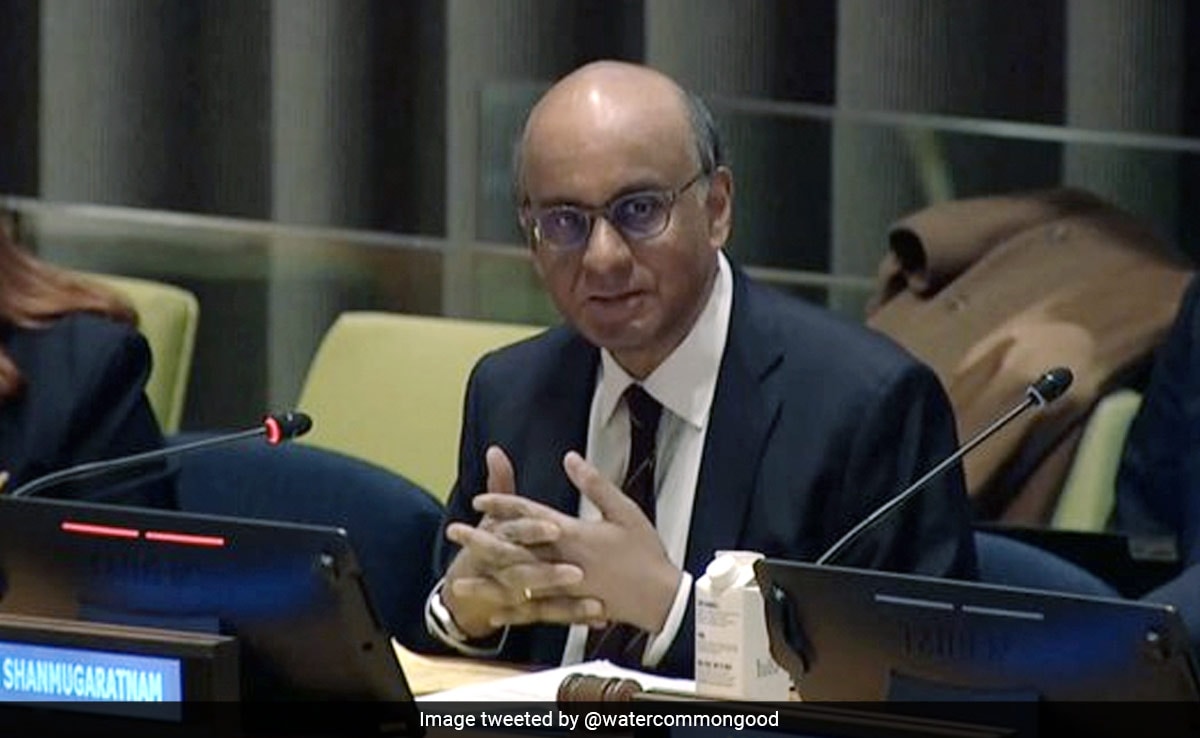Apple is working on releasing an update for the iPhone 12. (File)
| Photo Credit: Reuters
Apple said on Tuesday it planned to comply with France’s radiation testing requirements by rolling out an update that will stop the iPhone 12 from using more power when the device is in contact with static surfaces.
Apple has disputed the findings of French regulators who said that the iPhone 12, which has been on the market for three years, gave off more than permissible amounts of radiation and halted sales of the device.
On Tuesday, Apple gave its fullest explanation yet of the discrepancy between France’s findings and those in other countries where the iPhone 12 has been approved for sale.
In an article posted on its website, Apple said that for more than a decade, iPhones have included sensors that allow the phone to detect when it is near a user’s body to keep transmission power at lower levels. When the phone is not near a body – such as when it is laid on a table – the device uses slightly higher levels of transmission power.
(For top technology news of the day, subscribe to our tech newsletter Today’s Cache)
Apple said that the testing protocol used by L’Agence Nationale des Frequences did not take this feature into account. The company issued a software update that will become broadly available to users in France this month that turns off the body-detection technology, keeping the phone at lower transmission power levels at all times.
In a statement, Apple said that the iPhone 12 is still safe to use even without the software update.
“We want all iPhone 12 users to know that iPhone 12 is safe to use and always has been. IPhone 12 was certified to meet applicable worldwide energy transmission regulations and standards when it first shipped in 2020 and no changes have been made since then that would affect energy transmission,” Apple said in the statement.
















